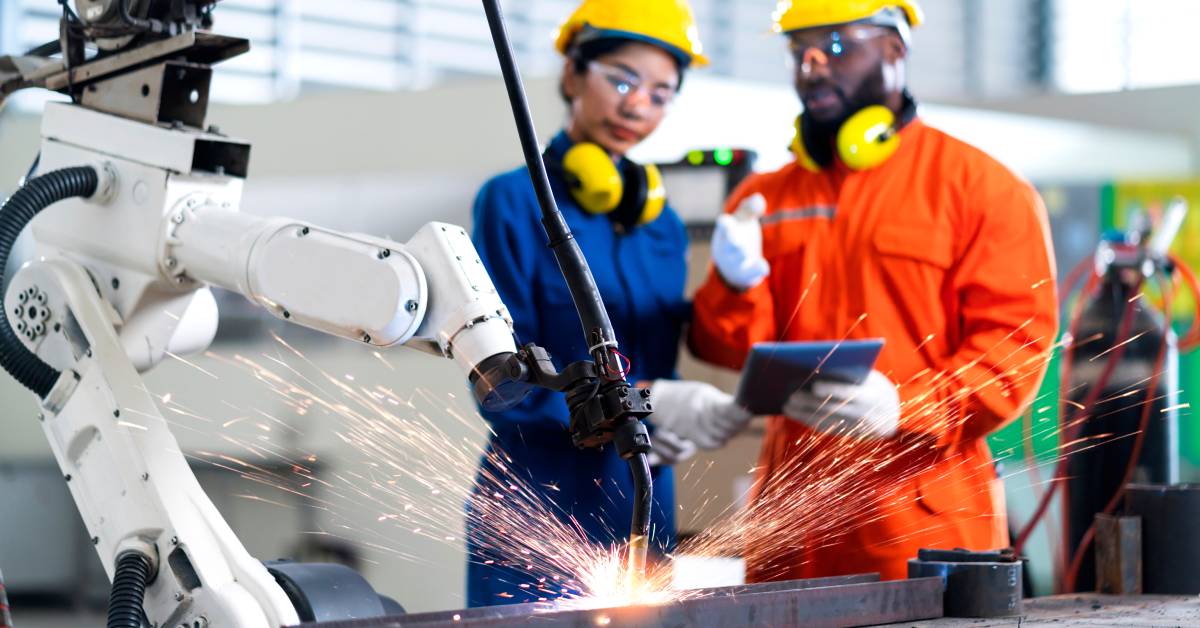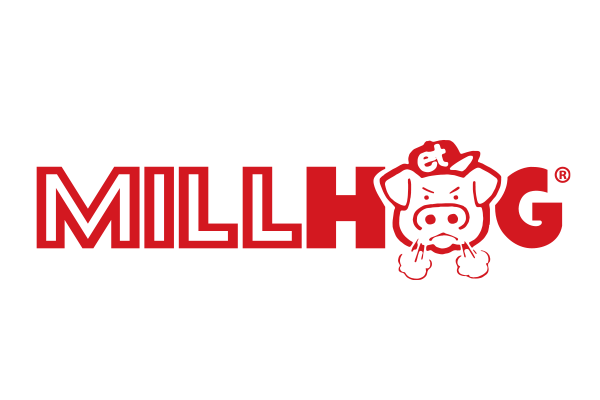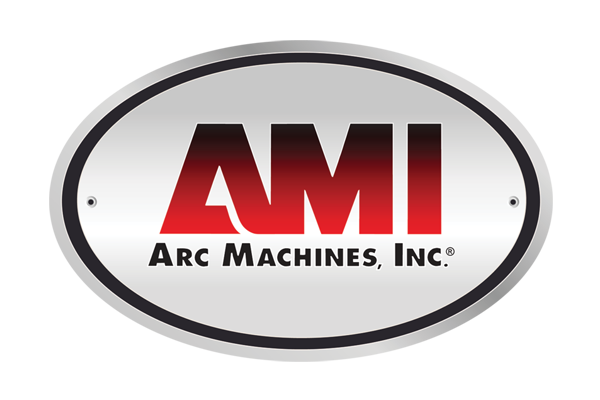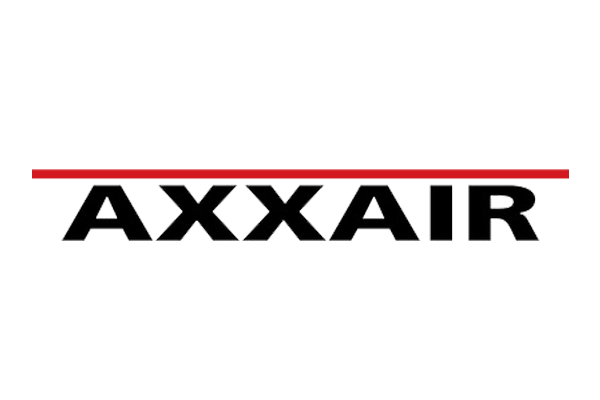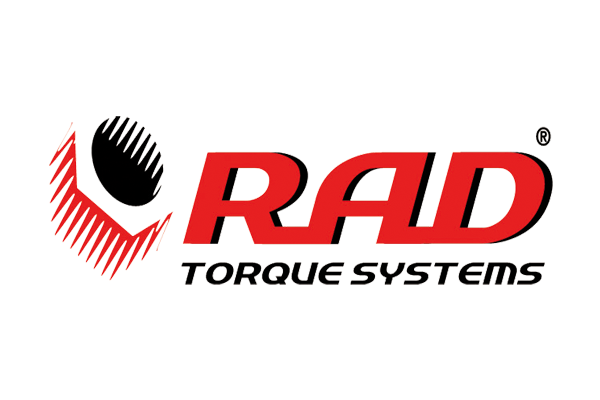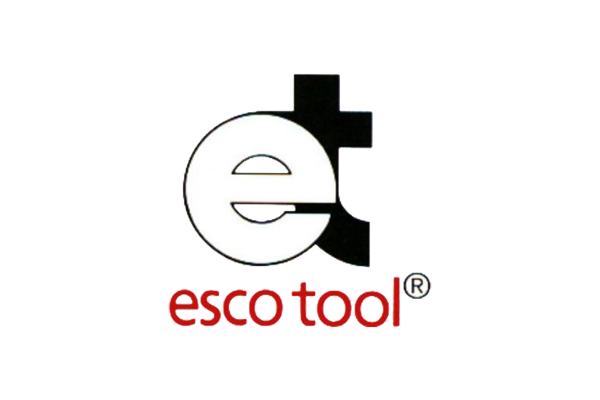The Role of Automation in Pipe Spool Welding Stations
Welding has come a long way, from manual methods to advanced techniques. Among the most exciting progressions in recent times is the adoption of automation in numerous processes.
Automation in pipe spool welding stations has transformed how welding professionals approach their work. If you’re unfamiliar with this technology or are looking to optimize your operations, here’s a closer look at the impact of automation.
Streamlining Workflow With Robotic Welding Equipment
Automating your welding stations greatly affects efficiency. At the heart of this transformation lies robotic welding equipment. These advanced machines can perform intricate welds with precision and speed that far exceed manual capabilities.
By programming these robots to handle repetitive and complex tasks, such as welding car frames in the automotive industry, manufacturers can achieve consistent quality and reduce the time required for each weld. This helps them meet tight project deadlines without compromising quality.
At SEC Industrial, we have incorporated robotic welding equipment into our product vault, empowering companies to achieve outstanding results. The ability to adapt and optimize operations provides businesses with a competitive edge.
Enhancing Safety in the Workplace
Safety is a top concern in any industrial setting, and welding is no exception. The integration of automation in pipe spool welding stations enhances workplace safety.
The oil and gas industry benefits greatly from automation. By reducing the need for welders to perform hazardous tasks manually, automation minimizes the risk of accidents. Robots can withstand high temperatures and handle toxic fumes, ensuring human workers remain safe.
Consistency and Quality Control
Consistency is key when it comes to welding. Automated systems excel in maintaining high-quality standards across the board. Automation in pipe spool welding stations produces consistent welds that meet precise specifications, reducing the risk of errors that can lead to costly rework.
By harnessing advanced sensors and real-time monitoring, these systems adapt welding parameters dynamically, achieving precision in each weld. Optimization enhances the structural integrity of the end product while elevating the reputation of businesses that consistently achieve superior quality standards.
Automation is reshaping the future of welding. By integrating advanced technologies, manufacturers can unlock new levels of efficiency, safety, and quality. SEC Industrial advocates for these innovations, showing the industry what’s possible when modernization meets tradition. Keeping abreast of these advancements can make a world of difference for anyone in the field.
